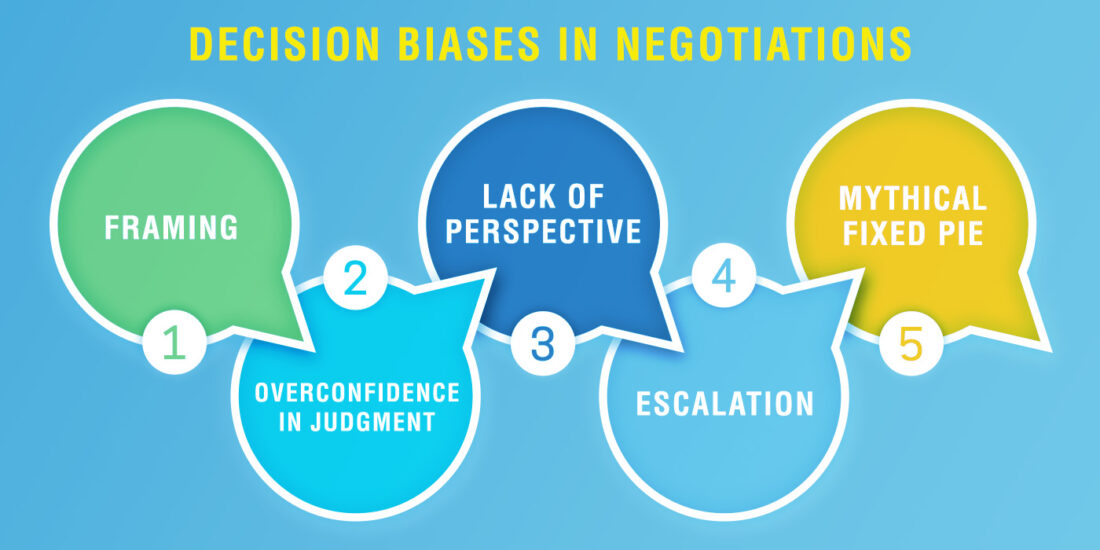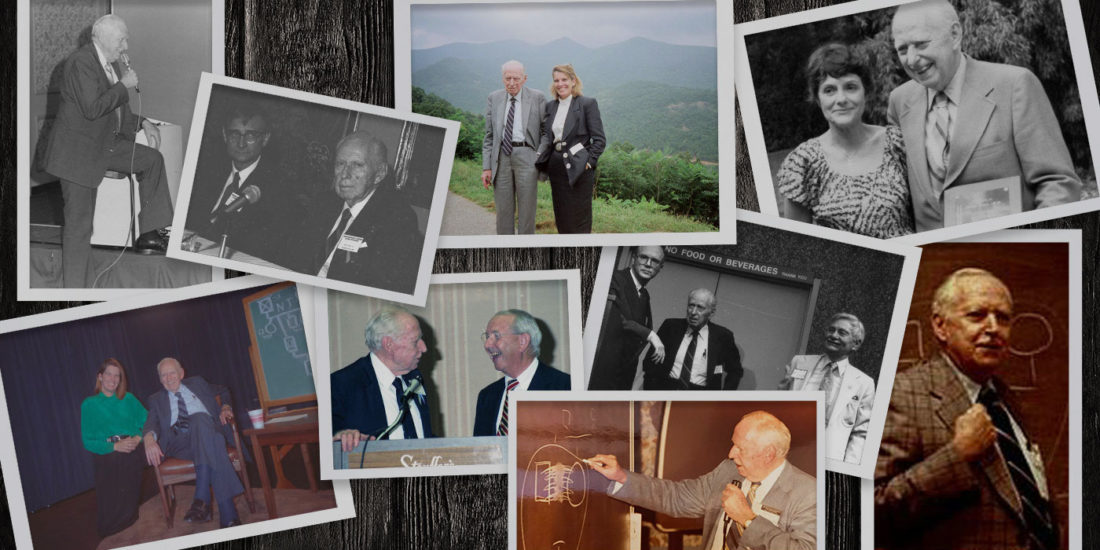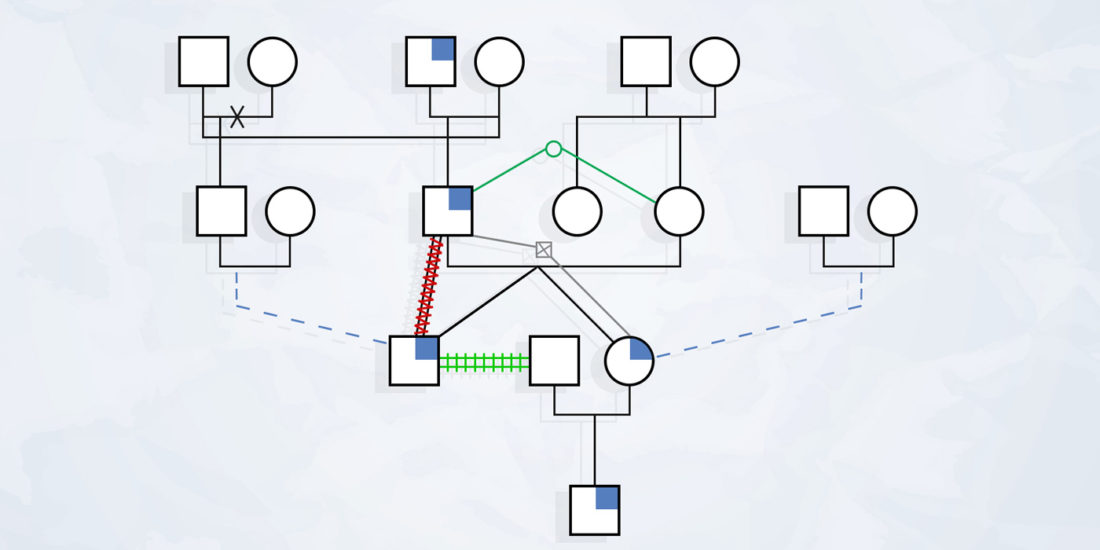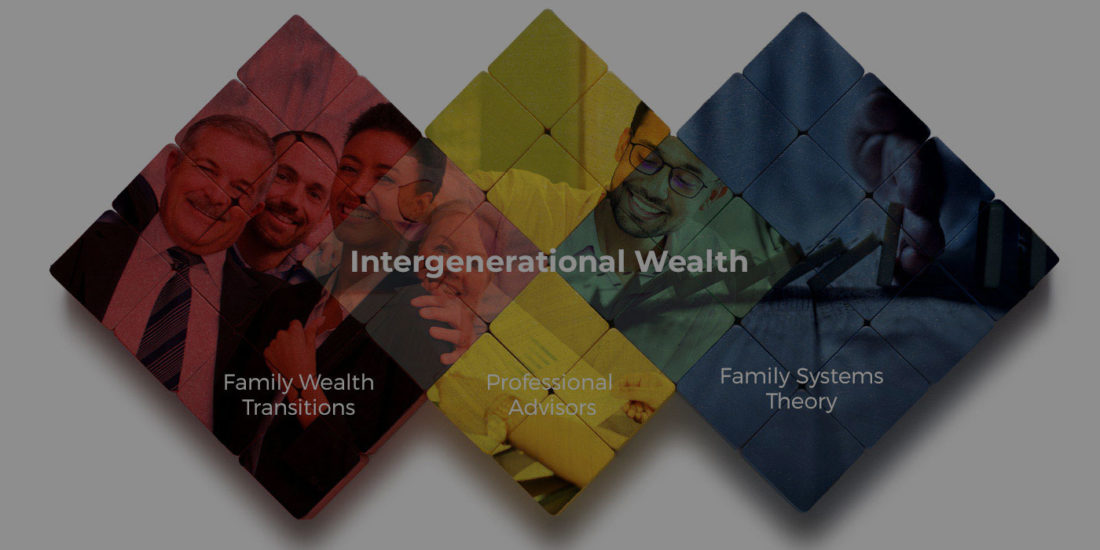
Behavioral & Management
Theoretical frameworks from behavioral and management science, e.g., Bowen theory and coaching, are explored to provide multiple frameworks for assessing and understanding the family, the enterprise, and the individuals involved in multi-generational companies.
Readback: Conversation Starters to Help Improve Communication in Family Businesses
Periodically in FFI Practitioner, we include articles that are “conversation starters” for family enterprise advisors to use with their clients.
Crafting a Sustainable Legacy Plan Using the Enneagram
In this week’s FFI Practitioner, FFI Asian Circle Virtual Study Group member Aik-Ping Ng discusses how family enterprise advisors can use the Enneagram, a personality assessment tool, to help guide their clients through conflict and improve communication.
Research Applied: FBR Précis on the Impact of Dysfunctional Behavior on Family Firms
Thank you to this week’s contributors, Ellison Howard, Roland Kidwell, Linda Kidwell, Jim Cater, and Kimberly Eddleston for sharing their précis of “Families and Their Firms Behaving Badly: A Review of Dysfunctional Behavior in Family Businesses” – an article that appears in the March 2024 issue of FBR.
Urgency and Change: Time as a Crucial yet Undervalued Component in the Consulting Process
Continuing our series on Time, we are pleased to present an article by Joseph Astrachan and Claudia Binz Astrachan.
How Positive Psychology Can Help Family Enterprises Flourish
The FFI Practitioner podcast is pleased to host Doug Gray, PhD, discussing the field of positive psychology, 360 assessments, and how both can help family enterprise advisors with their clients.
Creating Value in the Family Enterprise: A negotiation perspective
In this week’s edition of FFI Practitioner, Jack Troast shares lessons on negotiation that he’s developed over his 25-year career as a mediator and family enterprise advisor.
Recognizing Evolutionary Behavior in Enterprise Families: An interview with Andrew Gersick
For this week’s edition, FFI Practitioner is pleased to feature Andrew Gersick, a Visiting Researcher and Lecturer in Ecology and Evolutionary Biology at Princeton University and a Researcher in Computer Science at San Diego State University.
Capturing Murray Bowen Moments: Ideas and photos
Last week we looked to the future with FFI Futurenaut-in-Residence Mark Stevenson. Today, like Janus, we look in another direction to reflect on the work of 20th century psychiatrist (and futurist!) Murray Bowen.
Mental Wellbeing for the HERO in Families and their Businesses
Thanks to this week’s contributors, Diane Arijs, Anneleen Michiels, and Dianne H.B. Welsh, for this edition about their recent research on mental health in family businesses and how to work with your clients to stimulate their psychological capital to promote mental wellbeing.
Psychodynamics and Family Governance: An interview with Julien Lescs
This week’s edition of FFI Practitioner features a podcast interview with Julien Lescs, family office advisor and co-founder of Kanopé Impact.
Personal Life Crisis: How it can affect leadership in the Family Enterprise
Thanks to Steven Rolfe for this week’s edition about the importance of recognizing the impacts that a family business leader’s personal life crisis can have on the entire enterprise. In his article, Steven shares two examples and his reflections for practitioners to consider when their clients are confronted with such a scenario.
The Value of Learning About Families as Emotional Systems
This week, FFI Practitioner is pleased to continue our series of articles by presenters at the virtual 2020 FFI Global Conference, October 26-28.
What is WYSIATI in Our Profession? Some observations and a suggestion
Thanks to Doug Gray for his article on VIA Classification assessment tools, which can help family enterprise practitioners think differently about their clients’ family system.
The Benefits of Coaching for Family Enterprise Leaders and Practitioners
Thanks to Greg McCann for this week’s article discussing some widely held notions about professional coaching and how family enterprise leaders and advisors can maximize their leadership development through effective coaching.
Working with Family Diagrams in Family Business: Reflections from 20 years of practice
Thanks to Guillermo Salazar, a member of the FFI IberoAmercian Virtual Study Group, for this article reflecting on the value of utilizing Family Diagrams in his consulting work with families over the years.
Interdependent Wealth: How family systems theory illuminates successful intergenerational wealth transitions
Thanks to this week’s contributor, Steve Legler, for highlighting key concepts in his recently released book, Interdependent Wealth: How Family Systems Theory Illuminates Successful Intergenerational Wealth Transitions, on relationships between family wealth and family systems theory.
Behavioural Risk in Family Business: Some thoughts on individual stories
This week’s FFI Practitioner dives into risky individual behavior within the family enterprise which, if ignored, can impact the performance of the business and the unity of the family. Thank you to Elizabeth Bagger, director general of the Institute for Family Business, for her examination of the topic and explaining how helping individuals become aware of this behavior can transform their story into their greatest asset.
Solution-Focused Brief Therapy: A communication model for family business interventions (Part 2)
This week’s FFI Practitioner concludes a two-part examination of Solution-Focused Brief Therapy (SFBT), by Brett Coffman. In this week’s edition, Brett addresses the need to look for change in clients and provides a mnemonic device to help remind practitioners about the various techniques associated with SFBT.
Solution-Focused Brief Therapy: A communication model for family business interventions (Part 1)
This week’s FFI Practitioner begins a two-part examination of Solution-Focused Brief Therapy (SFBT), an evidence-based coaching and therapy model, and its potential application to help family enterprise members find solutions to a variety of challenges. Thanks to this week’s contributor, Brett Coffman for providing this analysis.
When Science and Law Intersect: Preparing for a new age of wealth transition planning
This week’s FFI Practitioner examines how advances in science can impact multidisciplinary approaches to family business consulting.





















